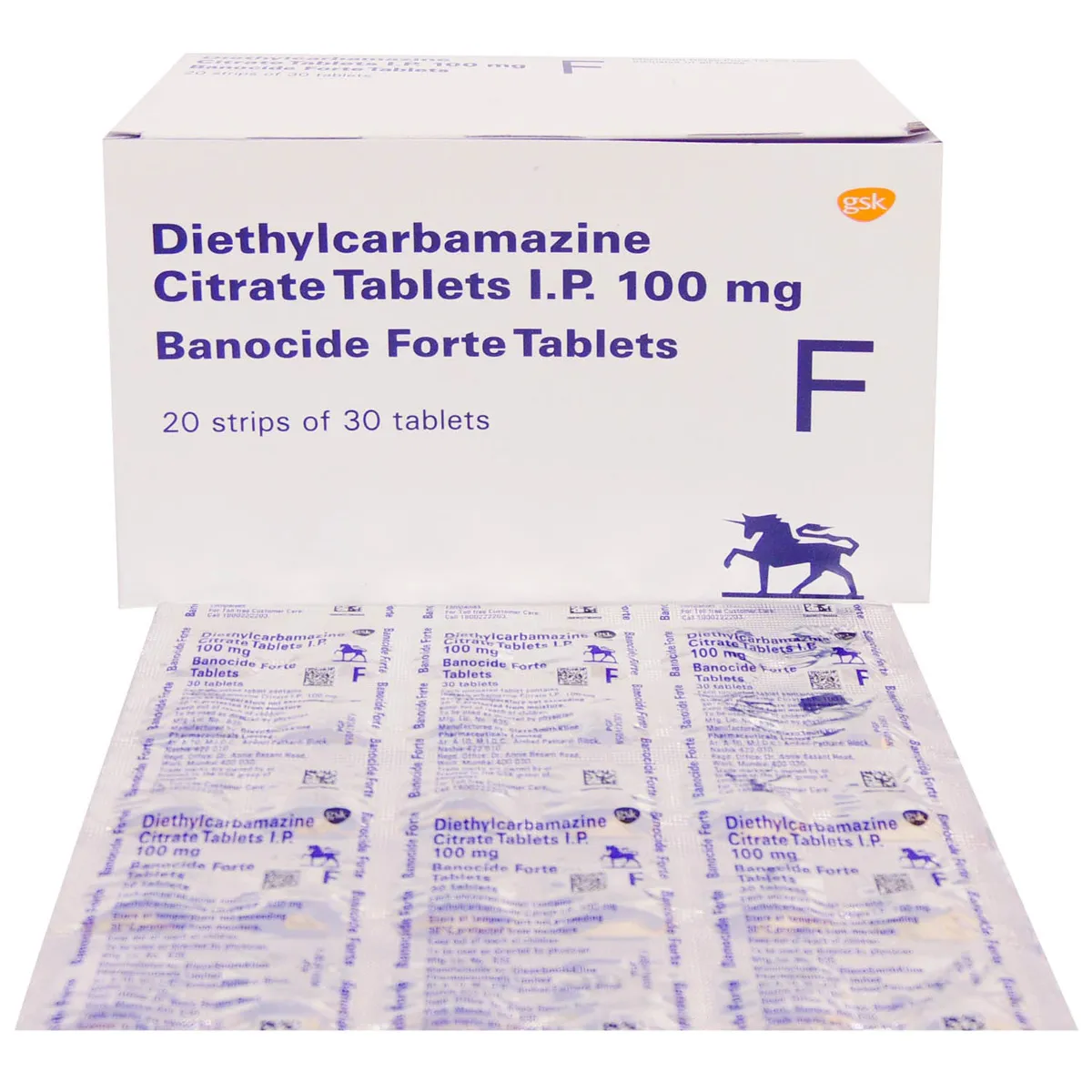In recent years, there has been a growing emphasis on plant-based diets due to their numerous health benefits. Vegetarianism, in particular, has gained popularity not just for ethical reasons but also for its positive impact on health. One common concern for individuals exploring vegetarian diets is obtaining sufficient protein intake. Contrary to popular belief, ample protein sources exist within the vegetarian spectrum. Here, we explore ten high-protein vegetarian foods ideal for adult nutrition.
- Quinoa: Often hailed as a superfood, quinoa is a complete protein, containing all nine essential amino acids. It’s versatile, easy to prepare, and offers approximately 8 grams of protein per cup.
- Lentils: These legumes are a protein powerhouse, packed with fiber and essential nutrients. One cup of cooked lentils provides about 18 grams of protein, making them an excellent addition to salads, soups, or stews.
- Chickpeas: Also known as garbanzo beans, chickpeas are a staple in many vegetarian diets. They offer around 15 grams of protein per cooked cup and can be used in various dishes like hummus, curries, or roasted for a crunchy snack.
- Tofu: Derived from soybeans, tofu is a versatile, protein-rich food commonly used as a meat substitute. With about 10 grams of protein per 3.5 ounces, tofu adapts well to different cooking methods and absorbs flavors easily.
- Greek Yogurt: For lacto-vegetarians, Greek yogurt is an excellent source of protein, offering approximately 20 grams per cup. It’s also rich in probiotics, aiding in digestive health.
- Eggs: A widely consumed vegetarian protein source, eggs contain about 6 grams of protein per large egg. They are versatile and can be incorporated into various dishes, from omelets to baked goods.
- Tempeh: Another soy-based product, tempeh, is fermented and offers about 15 grams of protein per 3.5 ounces. Its nutty flavor and firm texture make it a great addition to stir-fries or sandwiches.
- Edamame: Young soybeans, commonly found in Asian cuisine, are a convenient snack that delivers around 17 grams of protein per cooked cup. They can be served steamed or added to salads for a protein boost.
- Seitan: Made from wheat gluten, seitan is a dense protein source, providing about 25 grams of protein per 3.5 ounces. It has a meaty texture and is often used as a meat substitute in various dishes.
- Cottage Cheese: For lacto-vegetarians, cottage cheese is an excellent low-calorie protein source, offering around 25 grams per cup. It can be enjoyed on its own or incorporated into salads or smoothies.
Incorporating these high-protein vegetarian foods into one’s diet can ensure an adequate intake of essential nutrients. However, it’s essential to maintain a balanced diet and diversity in food choices to meet overall nutritional needs. Consulting a nutritionist or dietitian can provide personalized guidance for individuals transitioning to or maintaining a vegetarian lifestyle.
Remember, while these foods are rich in protein, they should be part of a well-rounded diet that includes a variety of fruits, vegetables, whole grains, and healthy fats to ensure overall nutritional adequacy. With thoughtful meal planning, vegetarian diets can be both nutritious and delicious, catering to the protein needs of adults and promoting overall health and well-being.








